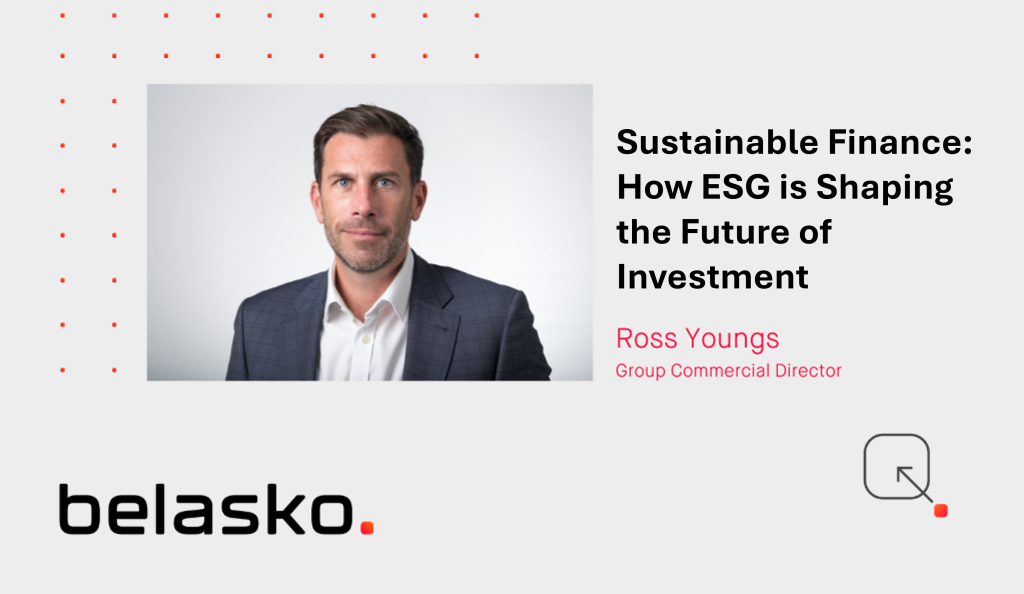If you are considering setting up a private, closed-ended fund, Jersey offers a robust and attractive environment for fund managers. With over 60 years of experience, Jersey is a leading player in the global finance sector, providing a range of benefits for those looking to domicile their funds. This article explores why you should give Jersey serious consideration for your next private closed-ended fund and how partnering with experienced providers can support you with your fund’s growth and achieve your launch objectives.
Why choose Jersey for your next fund?
Jersey offers a highly attractive taxation environment for funds, which is a significant advantage for managers. There is no capital gains tax, and funds are typically not subject to Jersey income tax, provided they meet certain criteria. Additionally, there is no withholding tax on interest payments and distributions, and no stamp duty is levied on the transfer of shares. This favourable tax regime enhances the overall return on investment for fund managers and investors alike, making setting up a Jersey fund particularly appealing.
Funds domiciled in Jersey can be marketed into the European Economic Area (EEA) under the National Private Placement Regime (NPPR). This regime simplifies access to European investors without the complexities and significant costs associated with the EU’s Alternative Investment Fund Managers Directive (AIFMD). Additionally, Jersey offers unrestricted marketing into North America, the Middle East, and the Asia-Pacific (APAC) regions, providing easy and broad market access for fund managers.
Jersey is particularly known for its expertise in alternative investments, such as private equity, real estate, private credit and infrastructure. The Jersey fund industry has developed deep legal, tax, accounting, administration, and governance expertise to support these investments, making Jersey a preferred jurisdiction for fund managers specialising in alternatives.
As of the latest reports, Jersey’s funds industry manages an impressive £452 billion[1] in assets (as at March 2024). This substantial figure reflects the strength and capability of Jersey funds to support large and complex investment structures, and is a significant vote of confidence from managers, large or small.
The Jersey funds industry is internationally recognised for its strong legal and regulatory framework, which has been developed over decades to meet the needs of global investors. The recent Jersey MONEYVAL Mutual Evaluation report[2] highlights Jersey’s effectiveness in preventing financial crime, showcasing its commitment to high compliance standards and reinforcing the trust and security that investors seek. The resultant ‘white-listing’ by the Financial Action Task Force (FATF), underscores its commitment to anti-money laundering and counter-terrorist financing. This robust reputation makes Jersey a secure choice for fund managers seeking a reliable and well-regulated domicile.
Collectively, these characteristics reinforce Jersey’s status as a leading finance centre.
Regulatory options in Jersey
One of the major advantages of setting up a Jersey fund is the flexibility of regulatory options available. Jersey’s regulatory regime is divided into three main categories:
- Notification Only Fund: This option provides a middle ground with moderate regulatory oversight, suitable for certain types of investment strategies and where “Eligible Investor” criteria can be met.
- Jersey Private Fund (JPF): Offers a faster route to market, ideal for managers who value speed to market or want to limit the number of offers and admitted investors and for Family Offices looking to manage inter-generational wealth succession.
- Collective Investment Fund: A fully regulated option by the Jersey Financial Services Commission (JFSC) that allows for unrestricted marketing and no cap on investor numbers provided they meet the criteria for an “Expert Investor”.
These options give fund managers the flexibility to choose a regime that aligns with their specific needs and strategies, making Jersey a versatile choice for domiciling your next fund.
Delve a little deeper into the regulatory options in Jersey by checking out our regulatory options comparison (Jersey Regulatory Options Comparison).
Key considerations for fund managers
With Jersey presenting a wealth of benefits, there are some key considerations that fund managers should keep in mind to ensure a successful experience. Jersey has a comprehensive legal and regulatory environment that can accommodate differing needs of managers, including a range of legal entity options for their fund structure. By far the most common choice is a Limited Partnership and Jersey has adopted modern Limited Partnership legislation to meet the needs of private capital fund managers and their investors. This can accommodate a traditional limited partnership structure or Separate and/or Incorporated Limited Partnerships. In addition, Jersey can offer Unit Trust vehicles and corporate entities, either limited liability or protected / incorporated cell companies.
Additionally, Jersey encourages investment management and oversight activities to be sufficiently supported by a suitable fund promoter. This collaborative approach not only ensures effective local management and control but also enhances the fund’s operational integrity. Developing close partnerships with Jersey service providers, will help facilitate smoother operations and stronger connections and many private capital fund managers might therefore seek an appointment to the board of the fund’s governing entity. Depending on the regulatory option chosen for your fund, this may require the pre-approval of the JFSC.
Cost will be a key factor in the decision of where to establish your next fund. Focusing on the specific needs of your fund, how many investors you are targeting, where they are based and what reporting requirements you want to be tied to will have material impact on the potential costs. Jersey offers the right balance of available expertise, balanced compliance and regulatory requirements and choice of partner to ensure that you can achieve the right value for money outcome.
By embracing these considerations, fund managers can strategically position themselves to leverage Jersey’s strengths and contribute to its continued growth as a leading fund jurisdiction.
Belasko in Jersey
Jersey offers a mix of regulatory flexibility, market access, and specialised expertise, making it an attractive jurisdiction for fund managers. However, managers should collaborate closely with legal counsel and local administrators, like Belasko, so you can leverage Jersey’s advantages and realise your objectives for your next fund.
We have a team of experts based in Jersey who provide responsive, accurate and consistent support to global fund managers. We offer a full-scope, tailored fund administration solution, designed to drive performance throughout the fund lifecycle. Our tech-enabled solution is built on processes and procedures, led by experienced teams, that free you up to focus on what you do best.
With a deep understanding of the Jersey regulatory landscape and strong relationships with local law firms and advisers, we’re ideally positioned to help clients navigate the complexities of private capital investments with confidence.
If you’d like to speak to our team about setting up your fund in Jersey, please get in touch with Paul Lawrence at [email protected].

[1] https://www.jerseyfinance.je/jersey-the-finance-centre/sectors/funds/
[2] https://www.jerseyfsc.org/industry/international-co-operation/international-assessments/moneyval/2024-moneyval-evaluation/










